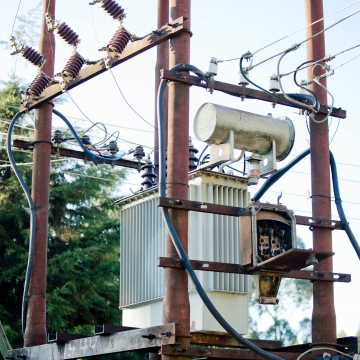Household fuelwood consumption in western rural China: ethnic minority families versus Han Chinese families
This paper examines ethnic differences in fuelwood consumption in rural households, using an original survey dataset from two western Chinese provinces with large ethnic minority populations. We use a Heckman two-stage selection model to explain the quantity of fuelwood consumed conditional on a decision to use fuelwood. We find that ethnic minority families are more likely than majority Han Chinese families to use fuelwood.



